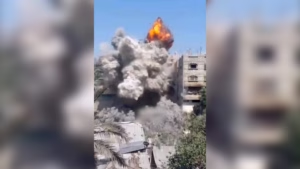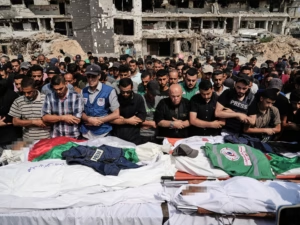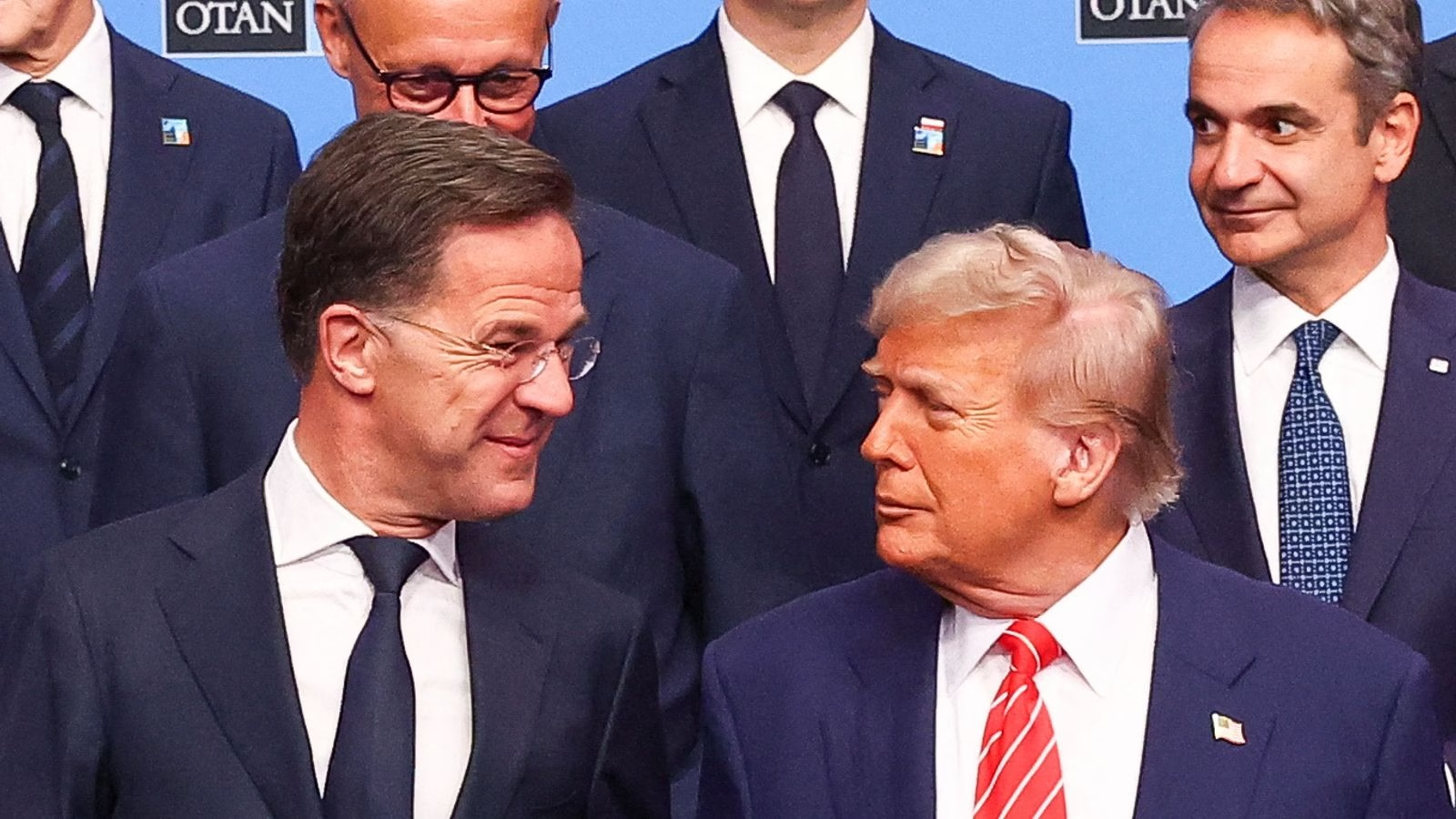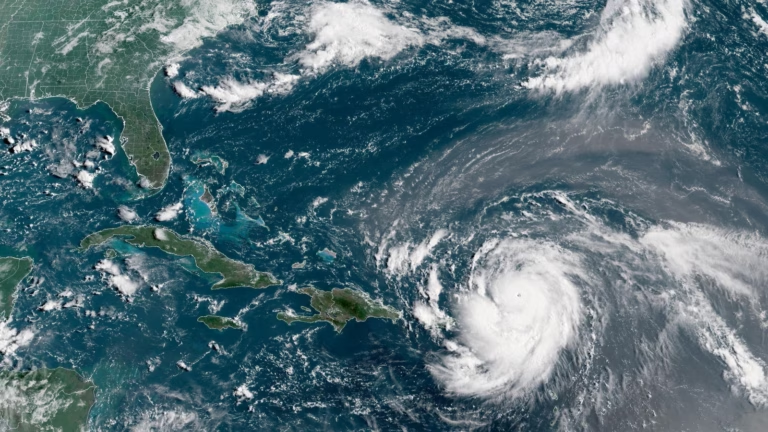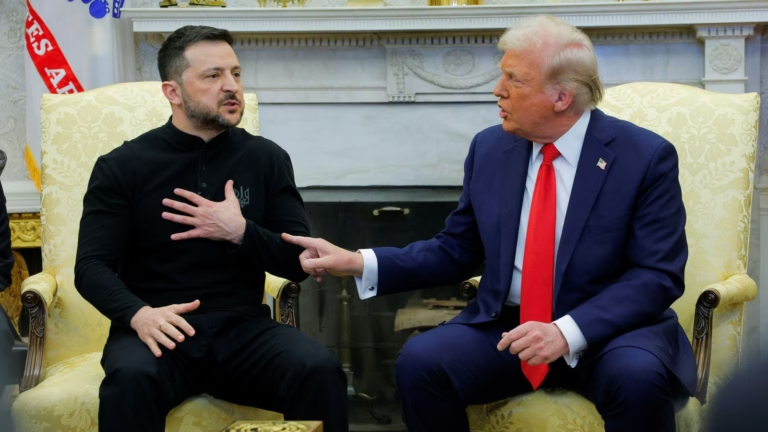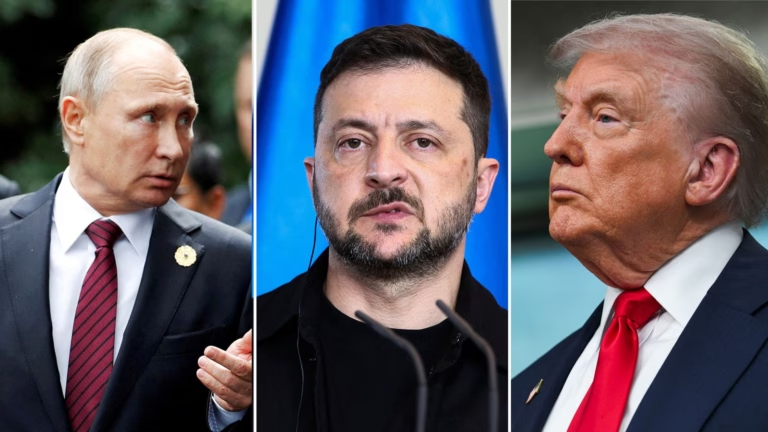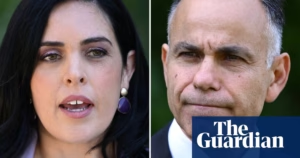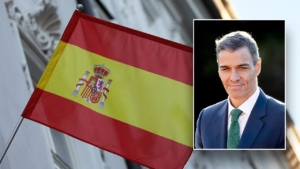Donald Trump, referred to as the “daddy,” and a NATO summit characterized by effusive gratitude marked the proceedings.
That was the dominant theme during the day and a half of defense and diplomacy held in The Hague.
Despite reservations, the gushing praise from NATO head Mark Rutte and other European allies appears to have yielded results, with the U.S. president seemingly reconciled to the idea of collective defense – for now.
The most toe-curling display of affection towards Mr Trump came when he, along with Mr Rutte, were speaking to reporters about how the US commander-in-chief brokered a ceasefire deal between Israel and Iran.
“They’ve had a big fight, like two kids in a schoolyard,” Mr Trump said.
“You know, they fight like hell. You can’t stop it. Let them fight for about two, three minutes, then it’s easy to stop them.”
Mr Rutte added: “And then Daddy has to sometimes use strong language to get it stopped.”
I later asked Mr Trump at a news conference at the end of the summit about being called “Daddy” and whether he regards his NATO allies as children.
The president said: “He likes me. I think he likes me. If he doesn’t, I’ll let you know. I’ll come back and I’ll hit him hard. Okay? He did it. Very affectionate. Daddy. You’re my daddy.”
I continued the question, though, to ask again whether he views fellow NATO member states as children and once they bolster their defenses, might they be able to defend themselves without needing to rely on the US.
The president said he thought they would still need help from the start. As for whether they could go it alone without the United States in the future, he said: “Ask Mark [Rutte].”
For now, the feeling at the summit was more harmonious than hostile.
Read more:
Article 5: How NATO’s defence clause works
UK to buy nuclear-carrying fighter jets
Whether that sentiment endures will depend on everyone being true to their word and increasing defence spending to a new target of 3.5% of GDP – up from 2% – with an additional 1.5% of GDP to be invested in national resilience.
It adds up to 5% in total – a figure first touted by Mr Trump when he returned to the White House for his second term and resumed an attack on NATO, accusing too many of its members of freeloading off American security instead of paying to defend themselves.
The US president, though, seemed to think the boost to budgets would be happening quickly, whereas the shortest timeline all 32 allies could agree to is 10 years. Spain has been even more flaky, agreeing to the new target but making clear it won’t be met.
As well as disappointing Mr Trump, such a slow pace of change is also woefully inadequate to rearm member states in time to confront what the Baltic states and Poland believe to be a very real risk of Vladimir Putin testing the alliance’s defenses within the next five years.
